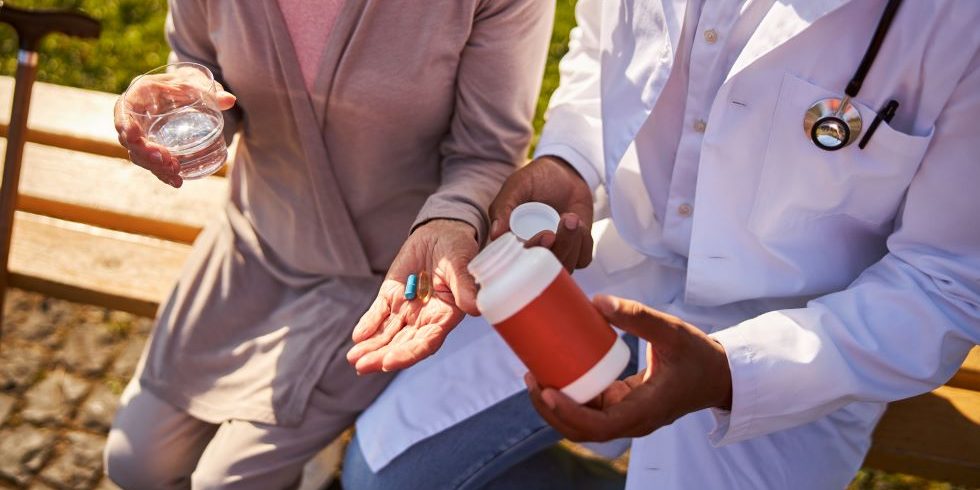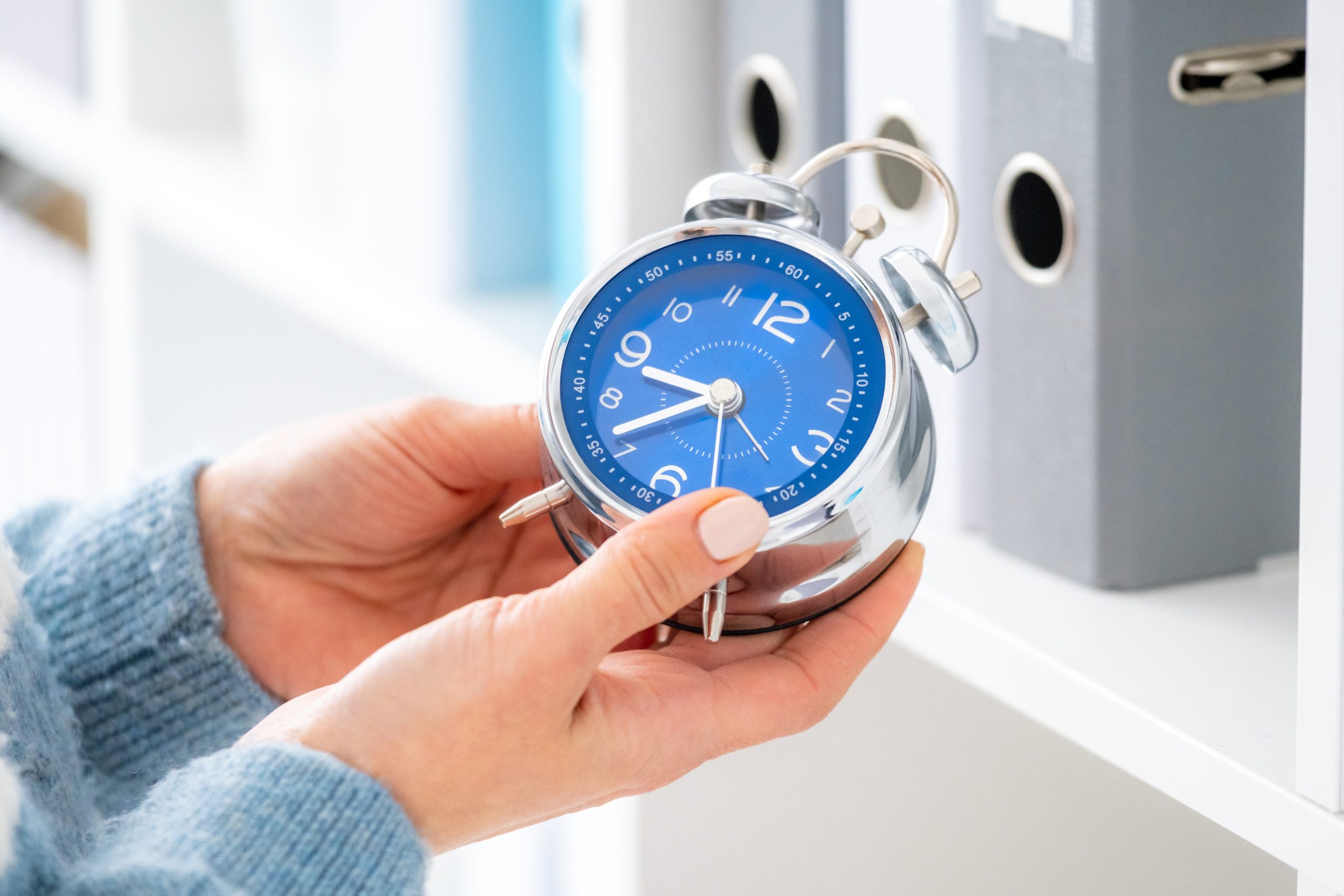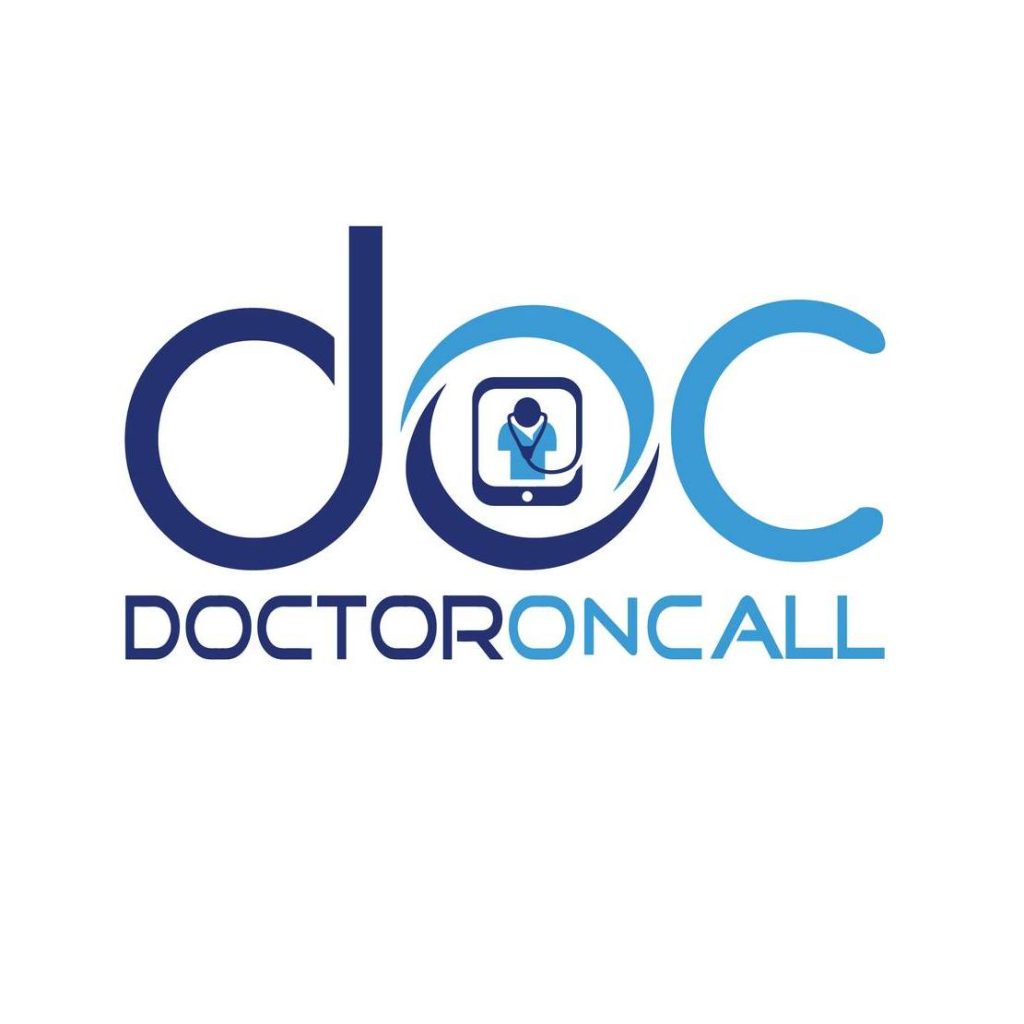Cholesterol-Lowering Medications: How They Work and When They’re Needed

We all know cholesterol, but do we understand it? It’s a substance your body needs to build cells and hormones, but too much “bad” LDL cholesterol can lead to heart disease and stroke. What’s good is that with a healthy lifestyle and the right meds, you can lower these risks. This article covers common cholesterol-lowering medications, how they work, and when you might need them.
What Is Cholesterol?
Here’s a quick info about cholesterol:
- Low-Density Lipoprotein (LDL)
- High-Density Lipoprotein (HDL)
LDL is known as “bad” cholesterol because it can build up in your arteries, increasing the risk of heart disease. HDL is the “good” cholesterol that helps carry away the extra cholesterol from your blood, keeping your heart healthier.
How Much Is Too Much?

Lee & Siddiqui (2023) recommend keeping LDL under 100 mg/dL and HDL at 60 mg/dL or higher. However, things like your genes, eating habits, and lifestyle choices can impact these levels (Huff, Boyd, & Jialal, 2023). If diet and exercise aren’t enough, your doctor may suggest cholesterol-lowering medications to help.
Cholesterol-Lowering Medications: How Do They Work?
There are different types of cholesterol-lowering medications, each working in unique ways to bring your cholesterol levels back into balance. Commonly prescribed options include:
- Statins
Statins are the most common cholesterol-lowering medications. They work by blocking a substance in the liver that makes cholesterol, helping lower LDL and raise HDL. Some well-known statins include:
| Lipitor (Atorvastatin) | One of the most widely prescribed medications, atorvastatin is popular for its effectiveness in lowering LDL cholesterol by 30%-50% (Baigent et al., 2005). It also has additional benefits such as reducing inflammation in blood vessels. |
| Crestor (Rosuvastatin) | Crestor’s strength is its ability to greatly lower LDL levels, while modestly increasing HDL cholesterol. It’s effective even in small doses and is often the first choice for people with very high cholesterol. |
| Zocor (Simvastatin) | Zocor works like Lipitor and Crestor but is better at raising good cholesterol (HDL) and usually causes fewer stomach problems. |
- Ezetrol (Ezetimibe)
Unlike statins, Ezetrol works by blocking the cholesterol your body absorbs from food. This is different from the statin mechanism of action, which lowers cholesterol by blocking its production in the liver. Ezetrol can be used alongside statins (UK Medicines (EMC), 2023) for even better results. - Fibrates
Fibrates are another type of medication that helps lower cholesterol, mainly by reducing triglycerides (a type of fat in your blood) and increasing HDL. An example:
| Lipanthyl (Fenofibrate) | Lipanthyl helps lower high triglycerides and can also slightly reduce LDL while increasing HDL. It’s especially useful for people with mixed dyslipidemia (Sidhu & Tripp, 2023), which means having high LDL, low HDL, and high triglycerides all at once. |
When Are Cholesterol-Lowering Medications Needed?
When lifestyle changes aren’t enough
You’ve made efforts to live healthier—eating better, exercising, and losing weight—but your cholesterol is still high.
If you have additional risk factors
Conditions like high blood pressure, diabetes, or a family history of heart disease might mean you need medication.
If you’ve already had heart problems
If you’ve had a heart attack, stroke, or heart disease, cholesterol-lowering drugs are often necessary for long-term health.
Very high cholesterol levels
If your LDL cholesterol is over 190 mg/dL, you’ll likely need medication to prevent heart disease, even if you don’t have other risk factors.
How Soon Do These Drugs Work?

Patience is key! Most cholesterol meds start working within a few weeks, but it can take a few months to see the best results. Regular check-ups and blood tests with your doctor will help make any needed adjustments to your treatment.
How Long After Stopping Statins Does Cholesterol Increase?
Cholesterol levels can start to rise within a few weeks of stopping statin drugs. Most people see an increase in LDL within 4 to 6 weeks. Without treatment, cholesterol may keep rising, so it’s important to keep track of your health and talk to your doctor if you have concerns.
Wrapping Up
Cholesterol-lowering meds help control high cholesterol and prevent heart problems. But they work best when combined with regular exercise, a healthy diet, and regular doctor visits.
If you’re worried about your cholesterol or thinking about medication, talk to your doctor about the best options for you. You can easily buy the recommended medications through DoctorOnCall.

References
- Lee, Y., & Siddiqui, W. J. (2023). Cholesterol levels. National Library of Medicine, National Center for Biotechnology Information. Retrieved from https://www.ncbi.nlm.nih.gov/
- Huff, T., Boyd, B., & Jialal, I. (2023, March 6). Physiology, cholesterol. National Library of Medicine, National Center for Biotechnology Information. Retrieved from https://www.ncbi.nlm.nih.gov/
- Baigent, C., Blackwell, L., Emberson, J., Holland, L., Reith, C., Bhala, N., Lonn, E., Dagenais, G., Collins, R., Armitage, J., & Simes, J. (2005). Efficacy and safety of cholesterol-lowering treatment: Prospective meta-analysis of data from 90,056 participants in 14 randomised trials of statins. The Lancet, 366(9493), 1267-1278. https://doi.org/10.1016/S0140-6736(05)67394-1
- Organon Pharma (UK) Limited. (2023). Ezetrol 10mg tablets: Patient information leaflet (PIL). Electronic Medicines Compendium. https://www.medicines.org.uk/emc/product/9749
- Sidhu, G., & Tripp, J. (2023, March 13). Fenofibrate. National Library of Medicine, National Center for Biotechnology Information. https://www.ncbi.nlm.nih.gov/books/NBK53194/
FAQ
In Singapore, you can check your cholesterol level through a blood test that measures total cholesterol, LDL (bad cholesterol), HDL (good cholesterol), and triglycerides. These tests are usually done at clinics, hospitals, or diagnostic centers.
You can get your cholesterol checked at general practitioner (GP) clinics, hospitals, medical centers, or specialized diagnostic laboratories. Many health screenings offered at these places include a cholesterol test.
The cost of a cholesterol test in Singapore typically ranges from SGD 20 to SGD 50, depending on the type of test and whether it is part of a broader health screening package. Some comprehensive health screenings may include multiple tests at a higher cost.
High cholesterol often has no obvious symptoms, but in some cases, you may notice:
- Chest pain or discomfort (angina), indicating a risk of heart disease.
- Fatty deposits under the skin, called xanthomas, which are yellowish lumps.
- Corneal arcus, a white or gray ring around the cornea of the eye.
- Shortness of breath, which can be a sign of heart problems.
- Numbness or weakness in the limbs, a possible sign of stroke risk.
Some pharmacies in Singapore offer basic cholesterol tests, which are quick and may provide a rough estimate of your cholesterol levels. However, these are not as comprehensive as lab tests, and for accurate results, a full blood test at a clinic or hospital is recommended.
Yes, you can get a cholesterol test without a doctor at certain walk-in clinics, health screenings, or pharmacies that offer testing services. You may also use home testing kits that require a finger prick to collect your blood sample. However, for a prescription, precise results or to discuss treatment options, you’ll need to consult a healthcare provider.
While significant changes in cholesterol levels take time, you can take some quick steps to start improving your cholesterol in a week:
- Eat a heart-healthy diet rich in fruits, vegetables, whole grains, and healthy fats (like omega-3s from fish).
- Exercise regularly (aim for at least 30 minutes most days).
- Avoid trans fats and reduce saturated fats found in red meat, butter, and processed foods.
- Increase fiber intake, which helps lower LDL cholesterol.
- Quit smoking and limit alcohol consumption, both of which can negatively affect cholesterol.
Normal cholesterol levels can vary slightly by age and gender, but general guidelines are:
- Total cholesterol: Below 5.2 mmol/L
- LDL (bad cholesterol): Below 3.4 mmol/L
- HDL (good cholesterol): Above 1.0 mmol/L for men, above 1.3 mmol/L for women
- Triglycerides: Below 1.7 mmol/L
Older adults may have slightly higher acceptable levels, but maintaining a healthy balance is key.
Eggs have been a topic of debate for cholesterol levels. While eggs do contain cholesterol, research shows that for most people, eating eggs does not significantly raise blood cholesterol levels. In fact, eggs can be part of a healthy diet when consumed in moderation. However, if you have high cholesterol or heart disease, it’s best to limit yolk intake and focus on other sources of protein.
Before a cholesterol test, it’s recommended to fast for 9-12 hours (no food or drink except water) to ensure accurate results, especially for the LDL and triglyceride readings. Avoid heavy meals, alcohol, and strenuous exercise right before the test, as these can temporarily affect cholesterol levels.












